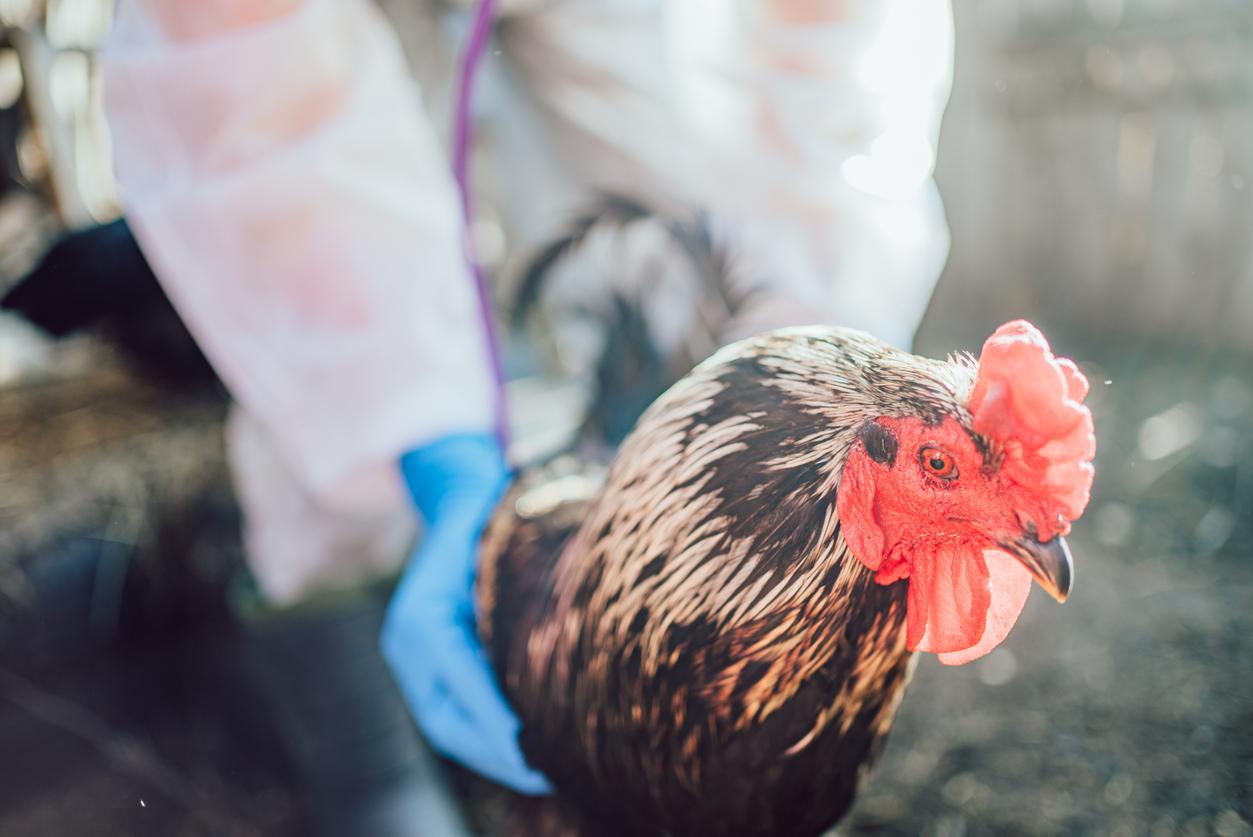April 27, 2009 – Several cases of swine flu transmitted to humans have been documented around the world since last week. The virus is said to have appeared in Mexico where it has even claimed several victims. There is now fears of a pandemic and all countries are on high alert.
How did the flu that usually only affects pigs spread to humans? What are the symptoms? What to do to protect yourself from it? Here are some answers.
From pork to human
When a pig catches the flu, it is infected with one of the four strains of influenza virus type A: H1N1, H1N2, H3N2 and H3N1.
Usually, these strains are not transmitted to humans, except on rare occasions when humans are directly exposed to the presence of animals.
In past years, there have been a few isolated cases of swine flu spreading to humans, but this is the first time that person-to-person transmission has been observed.
This is why the H1N1 strain is of such concern to public health authorities around the world.
Like a “normal” flu
Swine flu is a respiratory illness that causes symptoms similar to those of seasonal human flu: fever, fatigue, loss of appetite, cough, sore throat, sneezing and nasal discharge. Swine flu can also cause vomiting and diarrhea.
In Mexico, however, the A / H1N1 virus has killed people of age groups normally less vulnerable to influenza, healthy adults aged 25 to 45 years.
How to protect yourself against swine flu?
Swine flu is spread by contact with secretions that contain virus particles, such as coughing or sneezing.
Therefore, you cannot get swine flu from eating pork.
To guard against the H1N1 strain of the virus, it is therefore sufficient to apply the same prevention and hygiene measures as for any other type of flu.1 :
- Wash your hands regularly with soap and water.
- Cover your mouth and nose when coughing or sneezing.
- Get the flu shot to strengthen your immune system.
- Wearing a mask is not indicated, unless you go to the emergency room or a clinic with a cough or fever.
- For travelers, Health Canada regularly issues advisories on the following site: www.voyage.gc.ca.
To learn more about swine flu, visit www.combeat the flu.ca or call 1 800 454-8302.
Martin LaSalle – PasseportSanté.net
According to CBC and The Globe and Mail.
1. For further hygiene and prevention advice: http://msss.gouv.qc.ca/sujets/prob_sante/influenza/index.php?hygiene_et_prevention

















